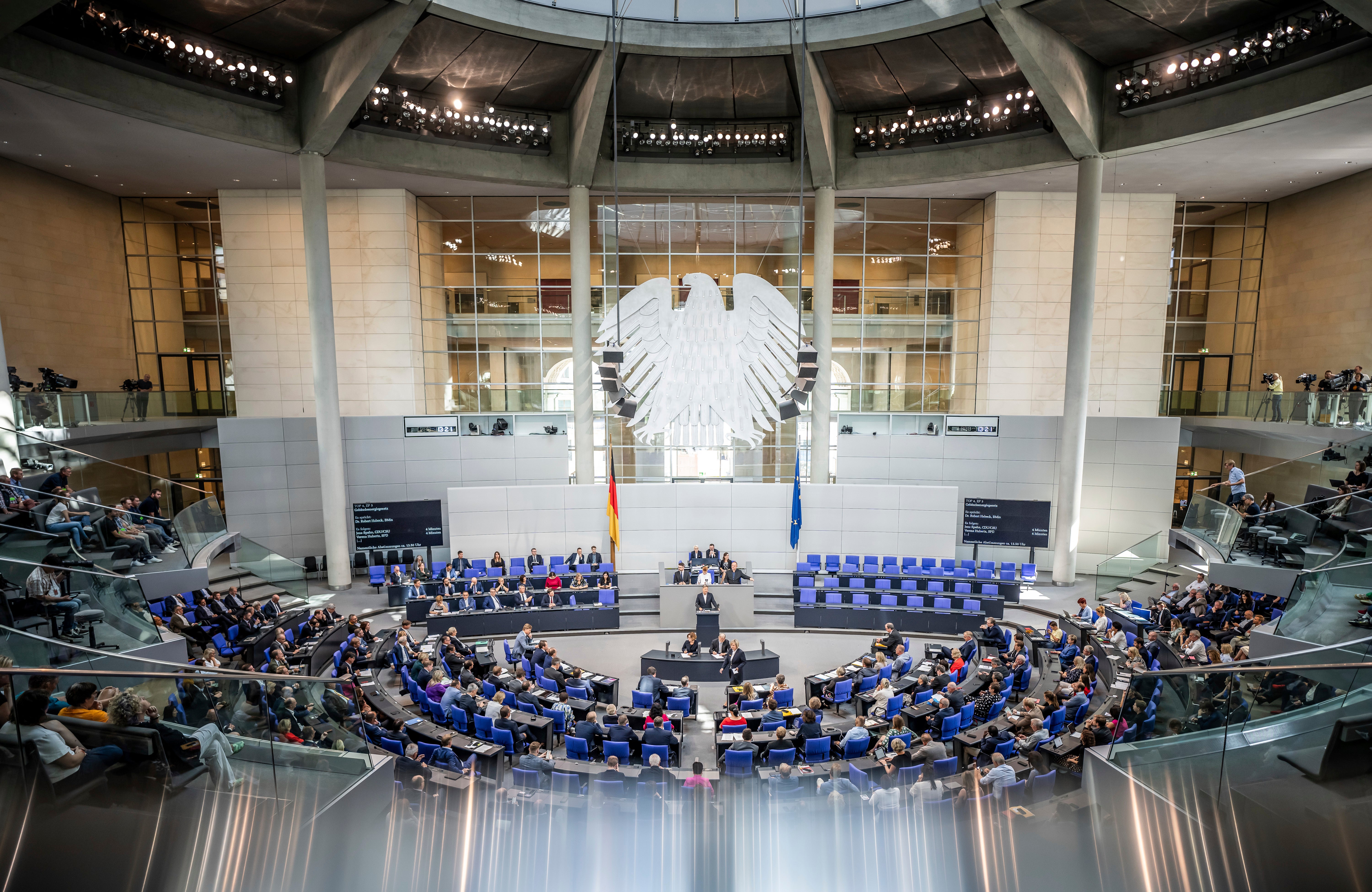German lawmakers approve a contentious plan to replace fossil-fuel heating
German lawmakers have approved contentious legislation for the replacement of fossil-fuel heating systems, passing a major climate policy plan that prompted lengthy infighting in the governing coalition and helped push down its poll ratings

German lawmakers on Friday approved contentious legislation for the replacement of fossil-fuel heating systems, passing a major climate policy plan that prompted lengthy infighting in the governing coalition and helped push down its poll ratings.
Parliament's lower house voted 399-275, with five absentions, for the bill — months after an initial version of it was first approved by Chancellor Olaf Scholz's Cabinet. An ensuing fight over its details in Scholz's ideologically diverse three-party coalition fueled an impression of disarray from which the government is struggling to recover.
The junior partners in the coalition led by Scholz’s center-left Social Democratic Party — the environmentalist Greens and the pro-business Free Democrats -- argued publicly before sealing a bare-bones compromise in mid-June on the plan to replace old fossil-fuel heating systems with alternatives such as heat pumps.
It was firmed up into detailed legislation shortly before a planned parliamentary vote in early July, leaving opposition lawmakers angry with the coalition’s haste to get it passed before the summer break. Germany's highest court ruled that the vote must be pushed back.
The legislation calls for newly installed heating systems in new housing developments to be at least 65% fueled by renewable energy starting in January. It allows for existing heating systems to keep running and be repaired, with several-year transition periods before the new rules apply to older buildings.
The plan, softened considerably from the original proposal, provides for government subsidies to help people switch heating systems. By 2045, when Germany aims for net zero emissions of greenhouse gases, all heating systems must be switched to renewable energy sources.
The bill is “a huge step for climate protection,” top Green lawmaker Katharina Droege told lawmakers. “We are approving a concrete timetable for how climate-neutral heating will succeed everywhere in Germany in the future,” she said, adding that it offers a way forward which is “reliable, predictable and affordable for all.”
“People are simply afraid that they won't be able to afford the (government's) heating law, and this fear is plainly justified,” countered Alexander Dobrindt, one of the center-right opposition Union bloc's top lawmakers.
“This bill is polarizing society,” he added. The Union argues that the legislation should be scrapped.
The plan still needs approval from parliament's upper house, which is expected to consider it in late September.
The heating issue is the biggest of several that have created an impression of constant squabbling in Scholz’s coalition, which brings together parties that aren’t traditional allies.
Last week, the chancellor promised that the government will tone down the public infighting, putting “sound absorbers” on internal discussions.
___
Follow AP’s coverage of climate issues at https://apnews.com/climate-and-environment
Bookmark popover
Removed from bookmarks